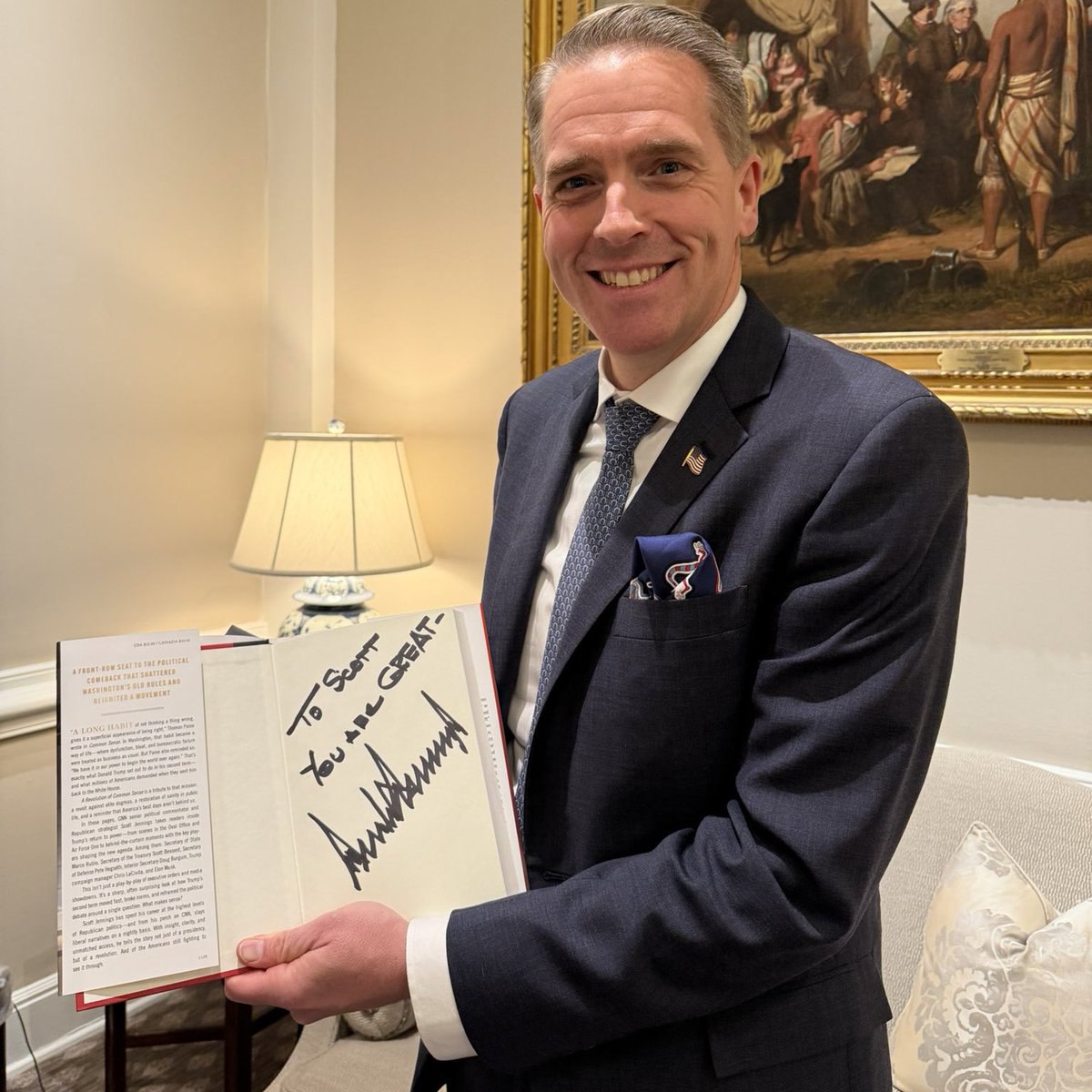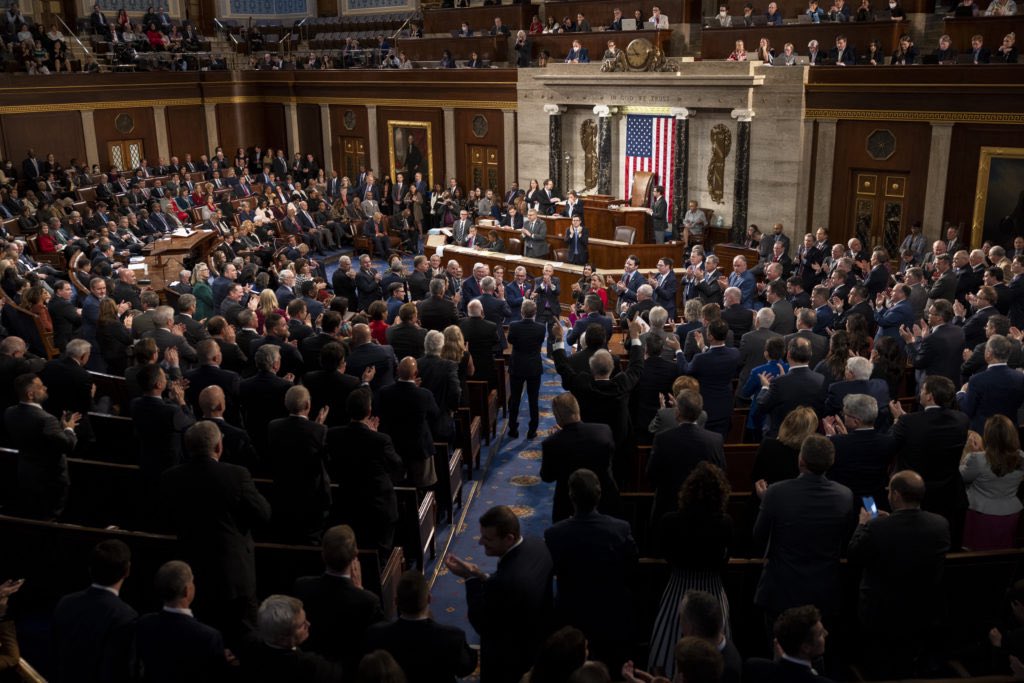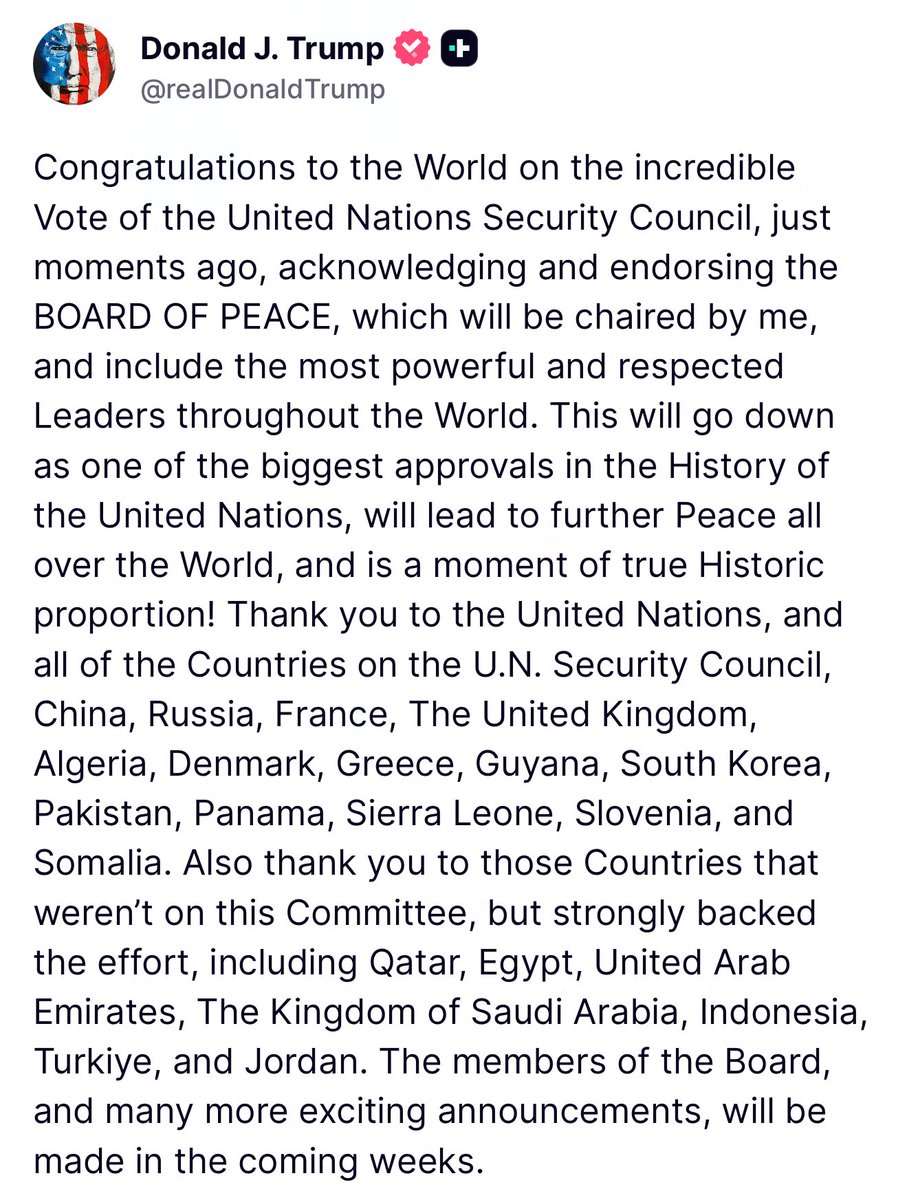Trump Declines to Identify Country Causing Trade Deal Frustration
In a recent press conference, former President Donald Trump expressed his dissatisfaction with a foreign nation attempting to renegotiate the terms of an existing trade deal. When pressed by reporters for the identity of the country in question, Trump remained tight-lipped, sparking curiosity and speculation among observers.
During the exchange, a reporter inquired about Trump's vocal criticism regarding trade negotiations, specifically asking which country had prompted his frustration. Trump responded, “No, no, a country wanted to try and renegotiate the terms of their trade deal, and I wasn’t happy about it.” Despite the reporter's insistence on knowing the specific country involved, Trump declined to provide further details, stating, “Why would I say that to you? I can’t believe it.”
This incident highlights the ongoing complexities and tensions surrounding international trade agreements, which have been a focal point of Trump's political agenda. Throughout his presidency, Trump frequently emphasized the importance of fair trade practices and often criticized countries he believed were taking advantage of the United States in trade negotiations.
The former president's refusal to disclose the name of the country raises questions about the current state of U.S. trade relations and the potential implications for future negotiations. As trade dynamics continue to evolve, stakeholders across various sectors are keenly interested in understanding how these developments may impact economic policies and international partnerships.
While Trump’s comments do not specify the country involved, they underscore the ongoing challenges faced by the U.S. in navigating its trade relationships. Analysts suggest that clarity on such matters is crucial for businesses and policymakers alike, as they seek to adapt to shifting global economic landscapes.




